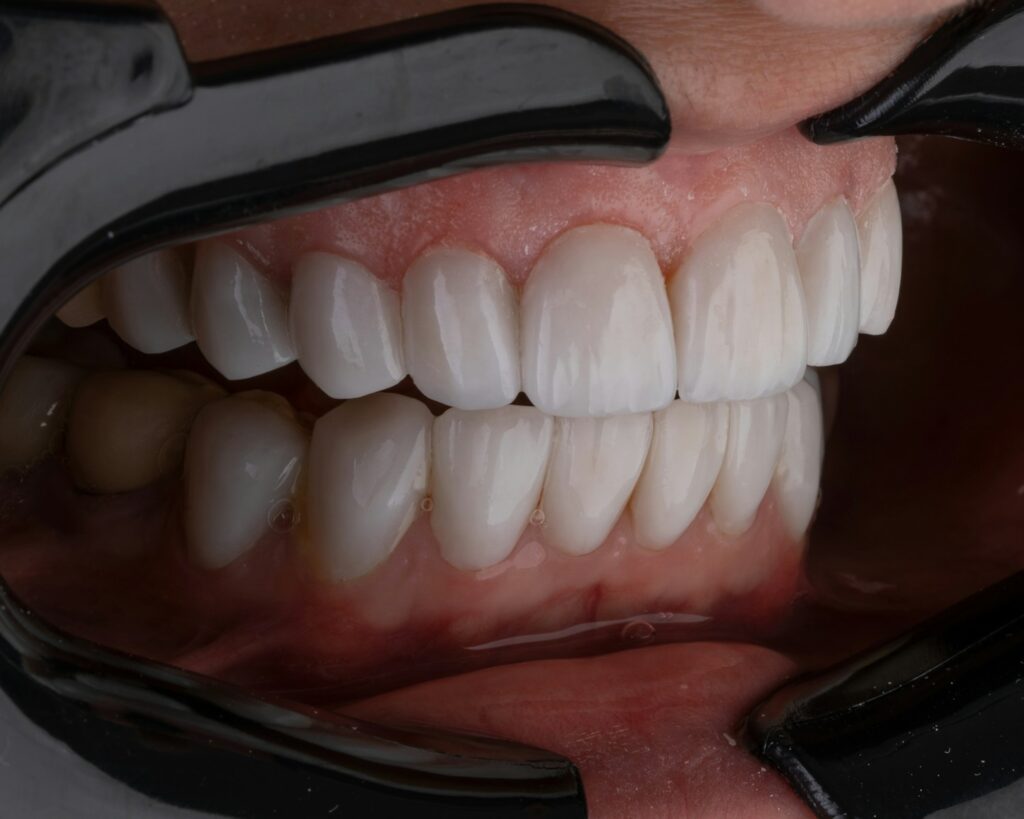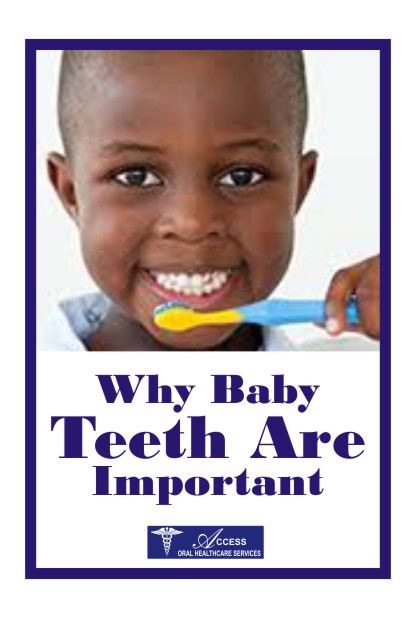Maintaining good oral health is essential for overall well-being. Unfortunately, many individuals experience common dental problems that can be uncomfortable, painful, and may require costly treatments. By understanding these issues and taking preventive measures, you can safeguard your oral health and enjoy a beautiful smile for years to come.

Tooth Decay:
Tooth decay, also known as dental caries or cavities, is one of the most prevalent dental problems. It occurs when bacteria in the mouth produce acids that erode the tooth enamel. To prevent tooth decay, brush your teeth twice a day using fluoride toothpaste, floss daily, limit sugar consumption, maintain a balanced diet, and visit your dentist regularly for check-ups and cleanings.
Gum Disease:
Gum disease affects the tissues surrounding the teeth. It usually starts with gingivitis, characterized by red, swollen, and bleeding gums. If left untreated, it can progress to periodontitis, causing tooth loss. Prevent gum disease by practising good oral hygiene, including regular brushing and flossing, using an antibacterial mouthwash, quitting smoking, and visiting your dentist for professional cleanings and check-ups.
Tooth Sensitivity:
Tooth sensitivity is characterized by a sharp pain or discomfort when consuming hot, cold, sweet, or acidic foods and drinks. It is often caused by exposed tooth roots or worn enamel. To prevent or minimize sensitivity, use a toothpaste specifically designed for sensitive teeth, avoid excessive teeth grinding, practice proper brushing techniques, and limit acidic or sugary food and beverage consumption.
Bad Breath:
Bad breath, or halitosis, is an embarrassing dental problem often caused by bacteria in the mouth. To prevent bad breath, brush your teeth and tongue thoroughly, floss daily, use mouthwash, stay hydrated to avoid dry mouth, quit smoking, and maintain good overall oral hygiene habits. If the problem persists, it is advisable to consult your dentist to rule out any underlying dental issues.
Tooth Erosion:
Tooth erosion occurs when the protective enamel of the tooth erodes due to frequent exposure to acidic substances. This can be caused by diet, acid reflux, or excessive consumption of carbonated drinks. Prevent tooth erosion by limiting acidic beverage and food consumption and also by using a straw to minimize contact with teeth to avoid further enamel damage.
Oral Infections:
Oral infections, such as dental abscesses or infections in the gums, can be painful and require immediate attention. To prevent oral infections, maintain good oral hygiene, visit your dentist regularly, promptly treat any dental issues, and follow your dentist’s recommendations for oral care and treatments.
Conclusion:
Preventing common dental problems requires consistency and diligence in practising good oral hygiene habits. By brushing and flossing regularly, visiting your dentist for check-ups and cleanings, limiting sugar and acid consumption, and adopting a balanced diet, you can effectively prevent tooth decay, gum disease, tooth sensitivity, bad breath, tooth erosion, and oral infections. Remember, prioritizing oral health leads to a confident smile and overall well-being.



